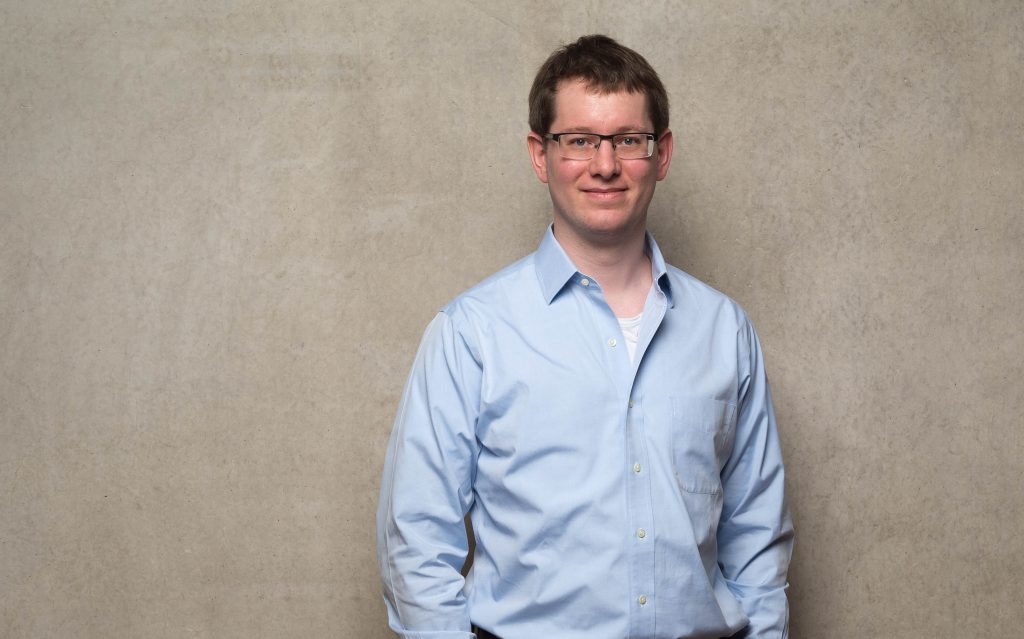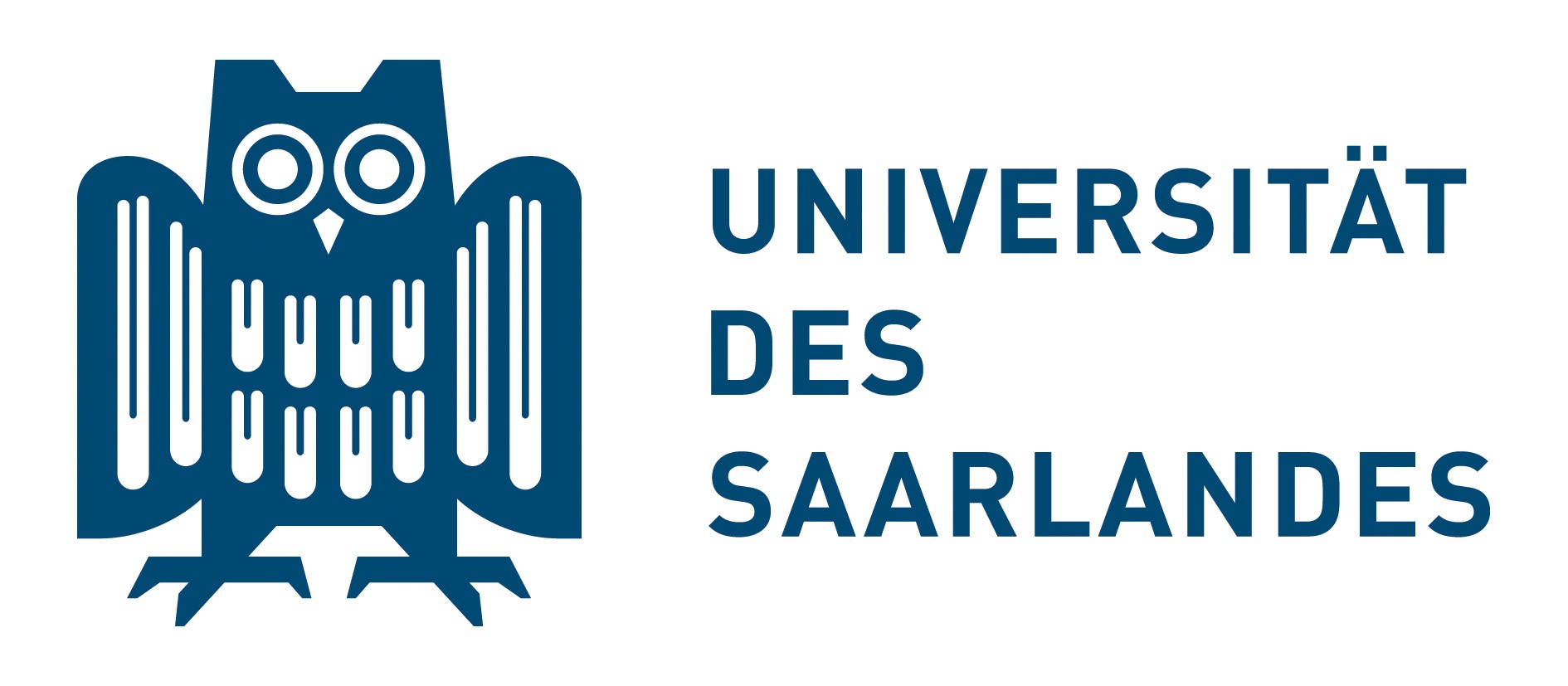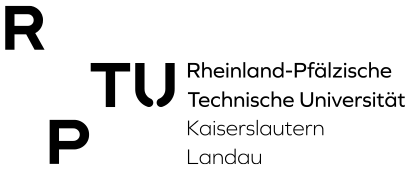Groups and Researchers in this Field
Principles of Security and Privacy
Gilles Barthe's research interests lie in the areas of programming languages and program verification, software and system security, cryptography, formal methods and logic. His goal is to develop foundations and tools for reasoning about security and privacy properties of algorithms and implementations. His recent work focuses on building relational verification methods for probabilistic programs and on their applications in cryptography and privacy. He is also interested in provably secure countermeasures against side-channel attacks. Read more
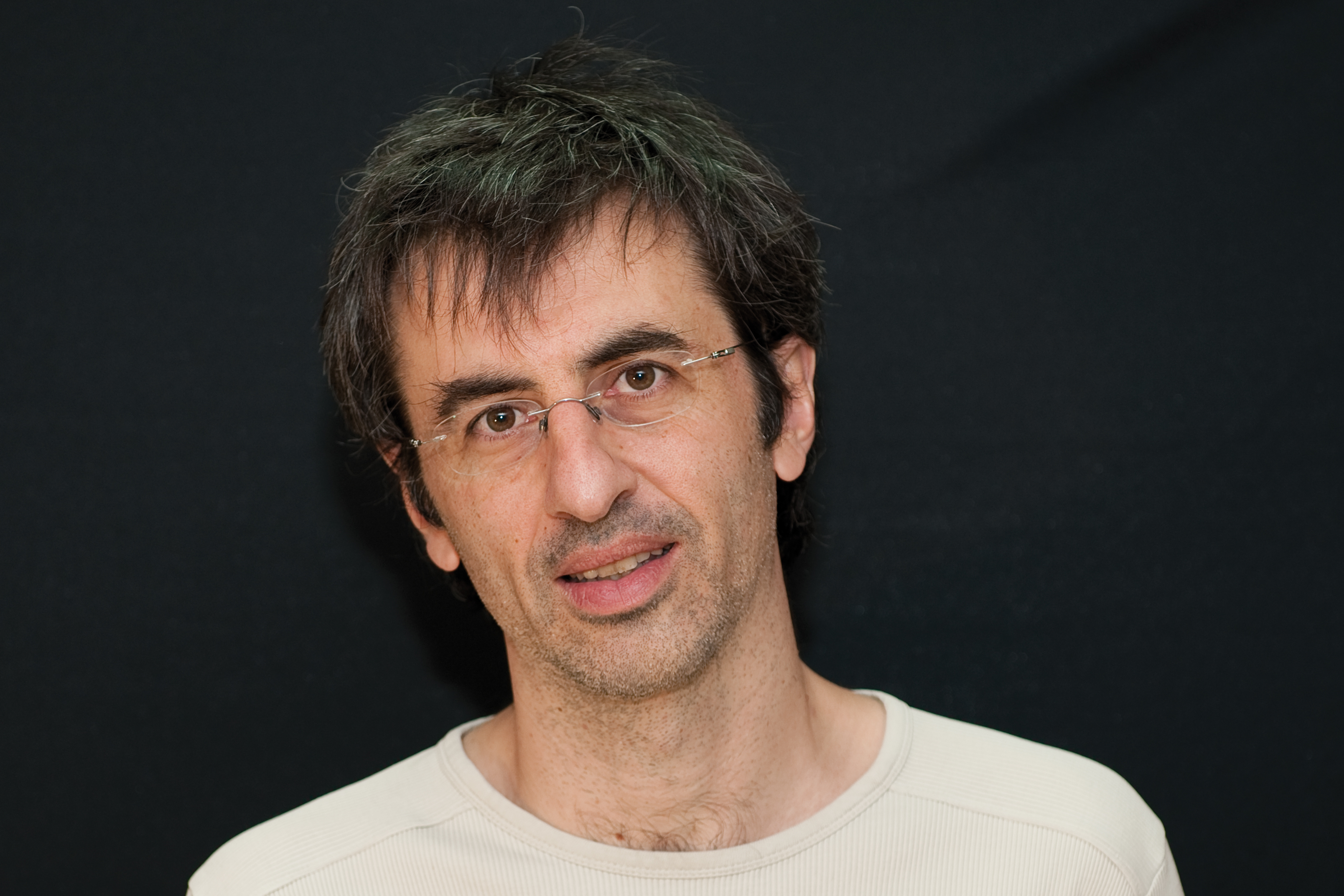
Software Security
Marcel Böhme is a tenure-track faculty at MPI-SP and head of the Software Security research group. His current research interest is the automatic discovery of software bugs and security flaws at the very large scale. One part of his group develops the foundations of automatic software testing (an approach to finding bugs by auto-generating executions) to elucidate fundamental limitations of existing techniques, and to explore the assurances that software testing provides when no bugs are found. The other part of his group develops practical vulnerability discovery tools that are publicly available and widely used in software security practice. Read more
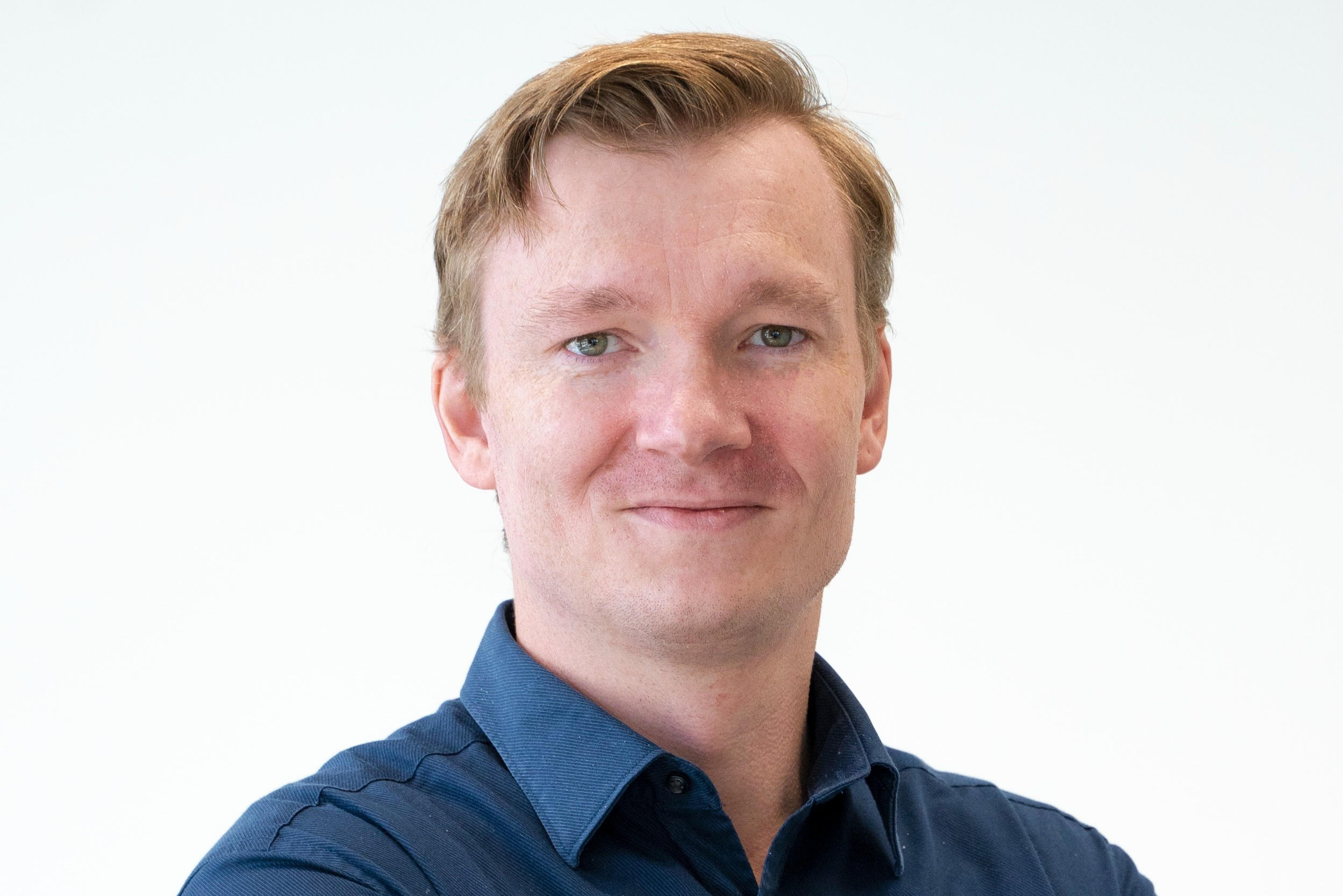
Practical Formal Methods
Maria Christakis's interests lie in software engineering, programming languages, and formal methods. She leads the Practical Formal Methods group at the Max Planck Institute for Software Systems. Her goal is to develop theoretical foundations and practical tools for building more reliable and usable software and increasing developer productivity. She particularly likes investigating topics in automatic test generation, software verification, program analysis, and empirical software engineering. Her tools and techniques explore novel ways in writing, specifying, verifying, testing, and debugging programs in order to make them more robust while at the same time improving the user experience. Read more
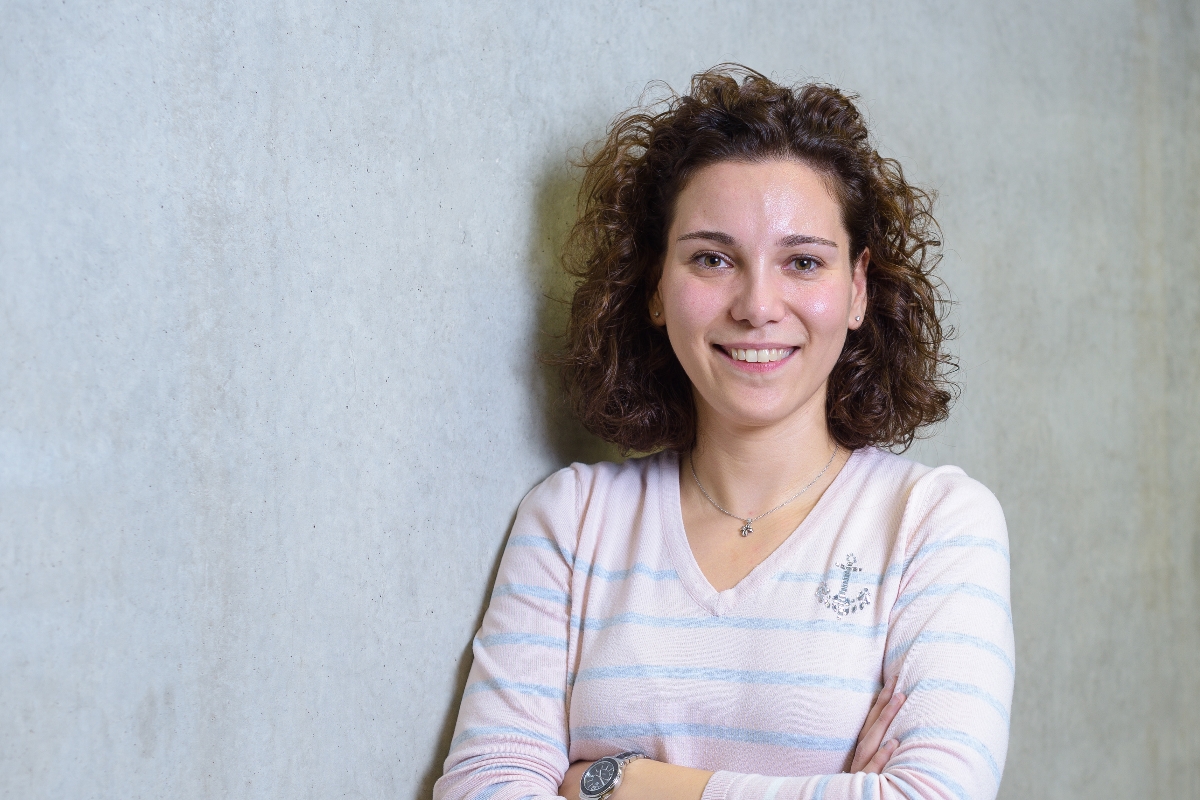
Automated Verification and Approximation
Eva Darulova leads a research group at the Max Planck Institute for Software Systems. Her interests lie in the area of automated verification and synthesis for numerical programs. One difficulty in verifying numerical computations is the inherent mismatch between the continuous nature of much of mathematics and physical processes versus the discrete implementation on today’s digital computers. Reliably controlling accuracy is not enough; performance and energy efficiency have also become key design constraints for most applications. As these objectives often conflict, an acceptable tradeoff must be found. The goal of Eva’s research is to develop techniques and tools for automated reasoning about numerical programs, thus helping scientists and engineers write correct, accurate, and efficient software. Read more
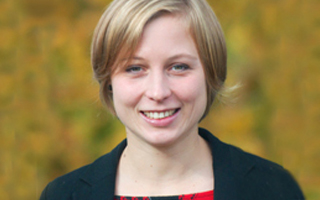
Foundations of Programming
Derek Dreyer leads the Foundations of Programming group at the Max Planck Institute for Software Systems. The group focuses on the design, semantics, verification, and implementation of modern programming languages and systems. Topics of study have included advanced type systems for modular programming and verification; Kripke models and separation logics for reasoning about higher-order, imperative, and concurrent programs; and compositional compiler certification. Derek is interested in developing a “realistic” theory of modularity—figuring out how we can build and reason modularly about programs that use features like fine-grained concurrency, higher-order state, recursive linking, dependent types, or self-modifying assembly code, meaning traditional semantic and verification techniques cannot account for them. Read more
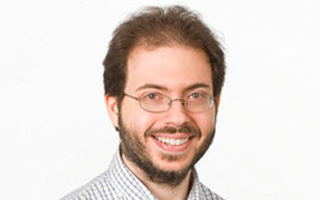
Foundations of Computer Security
Deepak Garg’s interests include computer security and privacy, formal logic, and programming languages. He is head of the Foundations of Computer Security group, associated with both the Security & Privacy and the Programming Languages & Verification research areas at the Max Planck Institute for Software Systems. The group’s current projects investigate tracking and controlling flows of sensitive information through Web browsers, using type systems to statically estimate the asymptotic complexity of incremental runs of programs, creating mechanisms to enforce data protection policies across multiple system infrastructure layers, extending separation logics to reason about security protocols, and developing foundations and algorithms for temporal logic-based privacy audits of legal compliance, among others. Read more
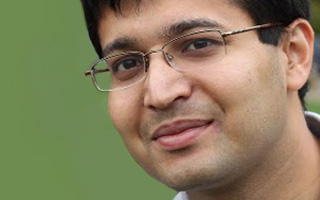
Formally Verified Security
Cătălin Hrițcu is a tenured faculty member at the Max Planck Institute for Security and Privacy (MPI-SP). He is particularly interested in security foundations (secure compilation, compartmentalization, memory safety, security protocols, information flow), programming languages (program verification, proof assistants, dependent types, formal semantics, mechanized metatheory, property-based testing), and the design and verification of secure systems (reference monitors, secure compilation chains, tagged architectures). He was awarded an ERC Starting Grant on formally secure compilation and is also actively involved in the design of the F* verification system. Read more
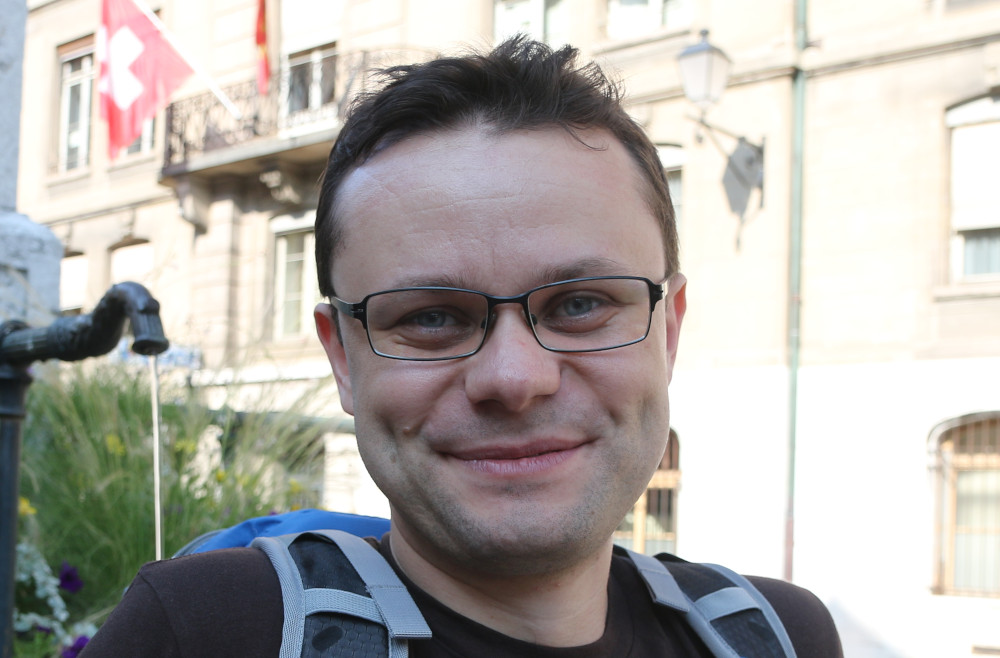
Rigorous Software Engineering
Rupak Majumdar is a Scientific Director at the Max Planck Institute for Software Systems, where he leads the Rigorous Software Engineering group. His main research interests include verification and control of reactive, real-time, hybrid, and probabilistic systems, software verification and programming languages, logic, and automata theory. His group investigates both foundational principles and practical tools for the design and analysis of computer systems. Some recent research directions have included methodologies and tools for the automated co-design of embedded controllers and their implementations, foundations of robustness for hybrid systems, scalable tools for coverability analysis of Petri nets, algorithms for the analysis of infinite-state systems, and verification of asynchronous programs. Read more
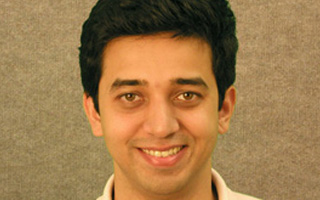
Foundations of Algorithmic Verification
Joel Ouaknine is a Scientific Director at the Max Planck Institute for Software Systems, where he leads the Foundations of Algorithmic Verification group. He also holds secondary appointments at Saarland University and Oxford University. His research interests span a range of topics broadly connected to algorithmic verification and theoretical computer science. His group's recent focus has been on decision and synthesis problems for linear dynamical systems (both continuous and discrete), making use among others of tools from number theory, Diophantine geometry, and real algebraic geometry. Other interests include the algorithmic analysis of real-time, probabilistic, and infinite-state systems (e.g. model-checking algorithms, synthesis problems, complexity), logic and applications to verification, automated software analysis, and concurrency. Read more
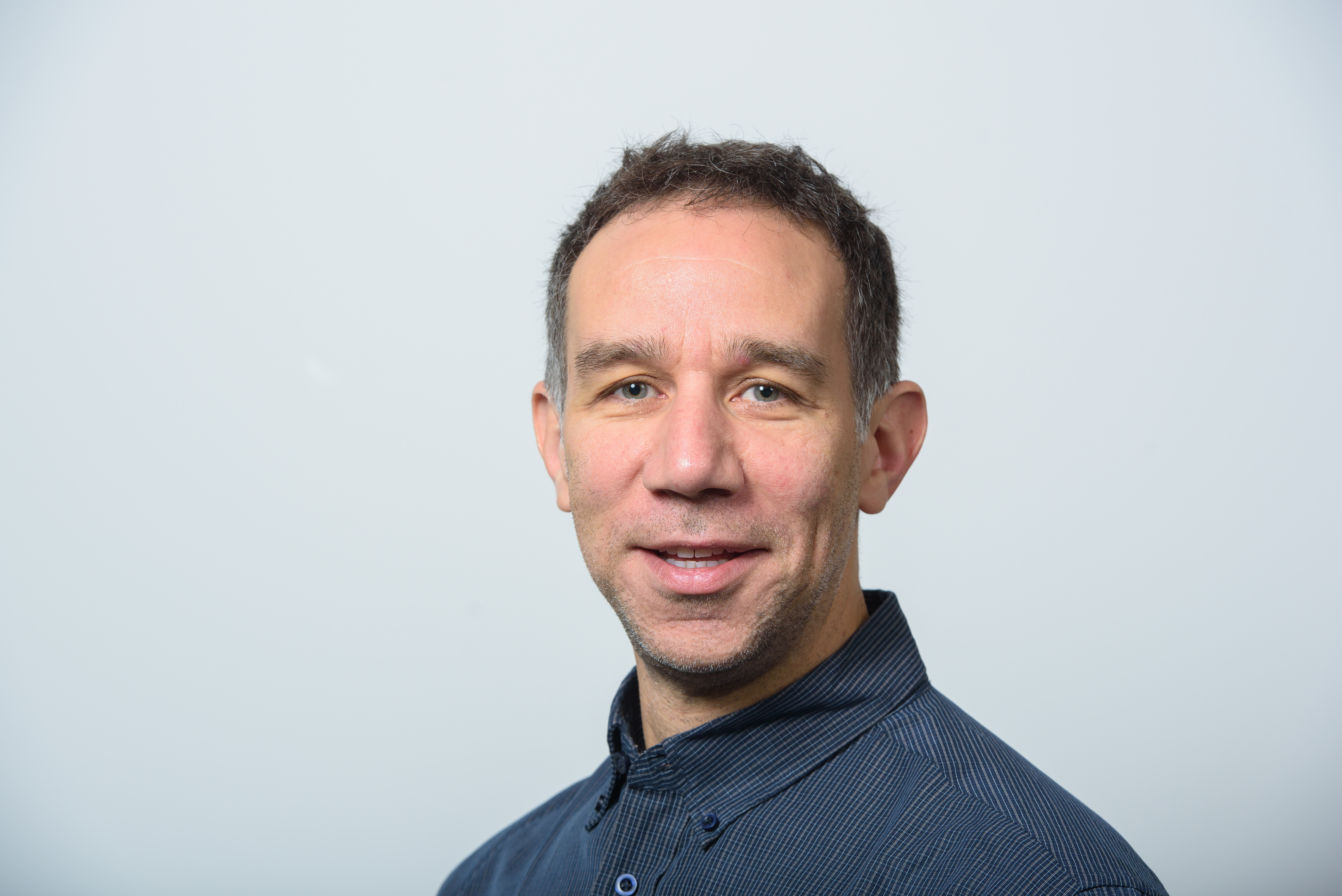
Arithmetic Reasoning
Thomas Sturm leads the Arithmetic Reasoning research area within the Max Planck Institute for Informatics’ Automation of Logic group. Arithmetic reasoning covers the study of first-order logic and arithmetic in theory and practice. This research area focuses on the design of new and the extension and optimization of existing arithmetic reasoning procedures, as well as on their application in problems from various scientific disciplines like chemistry, systems biology, and physics. Recent results include advancements in quantifier elimination procedures over the reals, compiler optimization, linear integer programs in verification systems, and theory-solving via superposition. In ongoing research, they aim to further extend the applicability of their implementations as well as their methods in automated reasoning. Read more
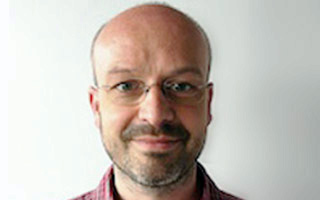
Software Analysis and Verification
Viktor Vafeiadis leads the Software Analysis and Verification research group at the Max Planck Institute for Software Systems. The group’s research concerns the development of mathematical theories and tools for formally reasoning about software. It aims to improve software quality by making it possible to build provably correct software components. This involves coming up with rigorous mathematical specifications of software components, developing custom proof techniques for proving adherence to those specifications, and improving the underlying general-purpose verification infrastructure. Much of their work focuses on reasoning about concurrent programs; another important aspect of their work concerns the Coq interactive theorem prover and improving its applicability for reasoning about software. Read more
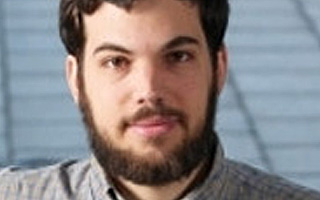
Automation of Logic
Christoph Weidenbach leads the Automation of Logic research group at the Max Planck Institute for Informatics. The group’s work ranges from basic research on (new) logics and their automation up to applications in research and industry. Topics of interest include propositional and first-order logics and their combination with theories, arithmetic, decidable fragments for knowledge representation and reasoning, and fragments of higher-order logics. Results are reflected in system development including prototypical reasoning support for higher-order systems, as well as reasoning engines that are deployed in industrial practice. Example applications are verification of hardware and software, distributed systems analysis, query answering with respect to knowledge bases, product modeling and optimization, and biochemical process analysis. Read more
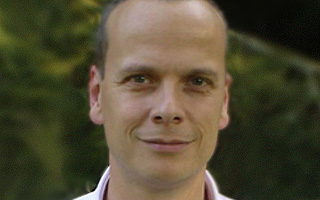
Models of Computation
Georg Zetzsche leads the Models of Computation research group at the Max Planck Institute for Software Systems. The group studies abstract models of computations, how to analyze them algorithmically, and how to use them to represent program behavior. Topics of interest are therefore decidability, complexity, and expressiveness of infinite-state systems. The studied models of computation include concurrent systems such as Petri nets and other counter machines, but also models of recursion such as (higher-order) pushdown automata. The group applies methods from automata theory, formal languages, and logic, but also semigroup and group theory. Currently in focus are the synthesis of finite-state abstractions of infinite-state systems, such as closure computation and separability problems, and also algorithmic problems for infinite groups. Read more
